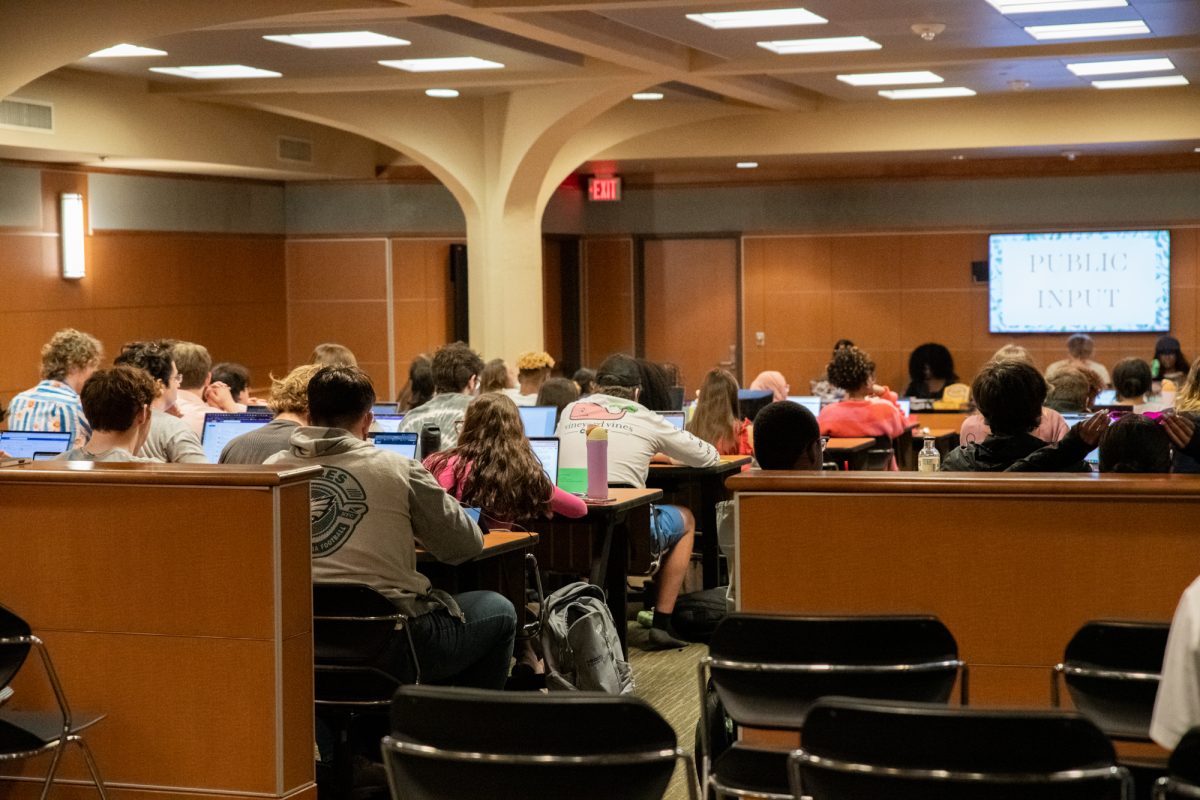Temperatures may be rising, but the media’s interest in climate change is cooling off.
Newspaper coverage of stories related to climate change dropped more than 40 percent in 2011 since its peak two years earlier, according to analysis by DailyClimate.org.
Despite a year that included severe weather across the globe, federal investigation into the Solyndra solar power bankruptcy and debates over the Keystone oil pipeline, media coverage of climate change declined, continuing the trend that started in 2010.
Coverage of climate change and related issues on news television has followed the same trend, dropping from 83 stories on the three major networks in 2009 to 14 last year, according to an independent study by Drexel University professor Robert Brulle.
Brulle claimed in his report that the lull in coverage is caused by a combination of other important political issues, few important events and a lack of discussion by high-level political figures.
Mass communication assistant professor Bruce Hardy, for the most part, concurs.
“There is only so much space on the news agenda, and the environment as a news item has been crowded out by the economy, the Republican primaries and even Occupy Wall Street,” Hardy said.
Not only have news outlets not stressed climate change, Hardy said, people have concurrently lost interest.
“People are not necessarily concerned with this issue, in part, because of the economic stress they are feeling on their wallets,” Hardy said.
Polls from the Pew Research Center show that while people increasingly believe that there is “solid evidence the earth is warming,” they see global warming as a less serious threat than in the past. In 2011, 38 percent of those polled rated global warming “very serious,” compared to 45 percent in 2007.
Environmental science professor Ed Laws said he believes the long-term nature of climate change causes people to underestimate its threat.
“We have Iran trying to go nuclear — that’s the stuff on the front page, and with good reason,” Laws said.
The problem, he says, is that people are unwilling to look more than a few generations into the future.
“In 500 or 1,000 years, we’ll have burned up all the fossil fuels. The ice from Greenland will all melt, and that alone will raise sea level seven meters,” Laws said. “We’re only looking forward as far as our children, our grandchildren, but they won’t see the greatest effects.”
—-
Contact Gordon Brillon at [email protected]
Media coverage, public interest for climate change decline
February 26, 2012





